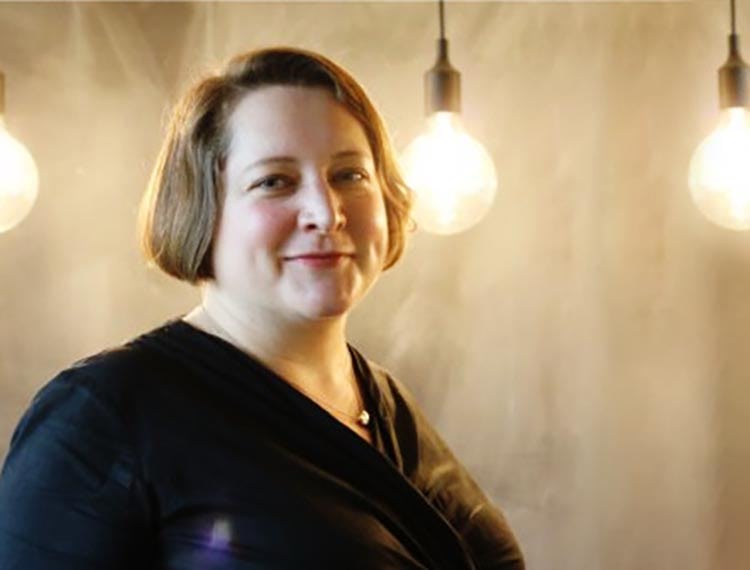School admissions report shows increasing social segregation

Responding to the Education Policy Institute report out today on school choice and appeals, Rachael Saunders, education campaign director at Business in the Community, said:
“Only a third of children from disadvantaged communities get five good GCSE passes, compared with two thirds of their peers. This must change and businesses are hugely concerned about this waste of talent.
“This report indicates that the system is rigged against families in the poorest communities. If the education system is supposed to be set up to deliver choice, families from deprived communities must have the same options and opportunities as others. The government is right to review the admissions system, and the Secretary of State must ensure that such a review has the interests of the most disadvantaged children at its heart.
“We work with businesses to do all we can to support teachers and schools to tap into the talent and contribution of disadvantaged young people. We need a system that works for everyone. “
A Department for Education spokesperson said:
“We are on track to deliver a million new school places this decade, giving more parents access to a good school place. In 2018, 97.7% of families received an offer of a place at one of their top three preferred primary schools and 93.8% of families received an offer of a place at one of their top three preferred secondary schools.
“Every parent or carer who has been refused a place at a school has the right to appeal. We have provided guidance for parents to help them understand the process and have made clear to appeals panels they must ensure the process consistent, with all parties being treated fairly.”
Further Information from DfE:
Standards in our schools are improving – with more schools rated good or outstanding – up from 68% in 2010 to 86% in August 2018. We are also making sure that good schools can expand to meet increasing demand from parents, enabling greater provision of high-quality education.
At the end of January, we launched Wave 14 of the Free schools programme which aims to create thousands of good school places, targeting the areas with the lowest educational standards and a need for more good school places.
We want disadvantaged pupils from all schools to have the same opportunity as other pupils. That is why we have provided schools with more than £15billion extra since 2011 through the pupil premium to improve disadvantaged pupils’ performance.
Currently, under the School Admissions code, priority must be given to specific groups of vulnerable children and schools are free to give priority to those eligible for the pupil premium. All state funded schools, including academies, have to comply with this to ensure all school places are allocated and offered in a fair and open way.
We also continue to target areas most in need of support – our Opportunity Area programme is investing £72m over three years to promote better educational outcomes and life chances in 12 of the most deprived areas of the country, and we recently launched Wave 14 of the Free schools programme, targeting the areas with the lowest educational standards and a need for more good school places.












Responses